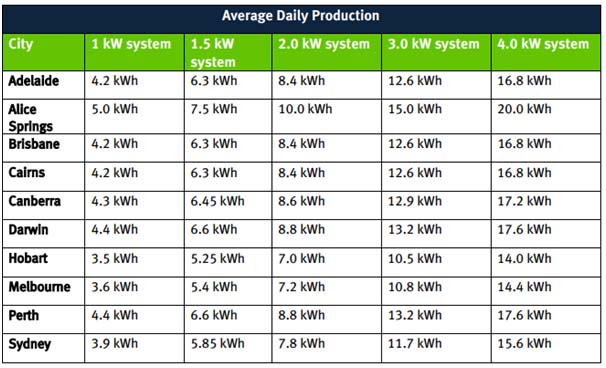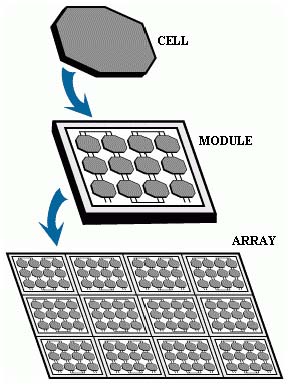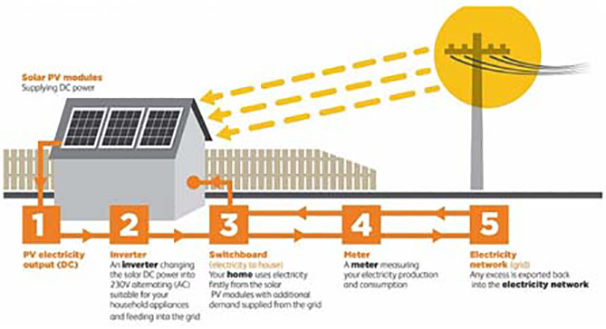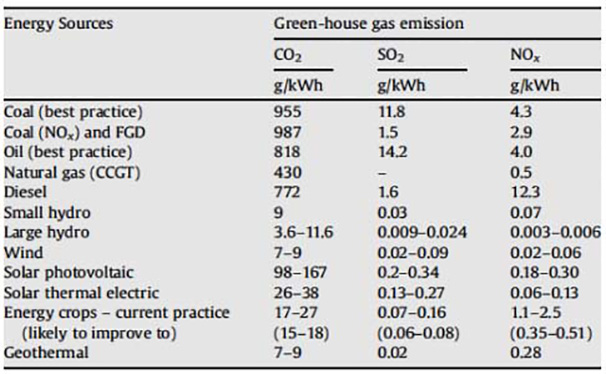Power your home or business with Solar Energy
How much would Solar Panels save me?
Solar is a cost-efficient method in reducing the cost of your electricity bill by offsetting the energy usage from the grid to your personal generation through solar panels. Current legislation allows for users of renewable energy to be rebated an amount dependent on their energy provider. (more information on
https://www.legislation.gov.au/Details/C2019C00061) The amount of rebate you are liable for can be found using the Australian Government EnergyMadeEasy website; https://www.energymadeeasy.gov.au/.
On average a household uses 6.1 Megawatt-hours a year (Queensland Government, 2018) which can be completely offset with a 4.0 kW system producing 16.8kWh daily in Brisbane. (Clean Energy Council) In turn this produces 6.132MWh per year.
Are Solar Panels good for the Environment?
Overall solar energy has no direct Green House Gas emissions from its energy generation, however the production of the materials of solar panels are energy intensive. (Jeremy Moss et al, 2014) Comparatively, energy generation between solar panels and fossil fuels like coal and gas are simply cleaner under solar panels with a study conducted in 2008 producing the following findings.
(Source: Akella et al, 2008)
Overall solar energy generation is almost a 10 th in terms of carbon dioxide and a much lesser fraction of sulphur dioxide and nitrogen oxides. However, as the environmental impact is largely associated with the production of solar panels, longevity of the panels decreases the environmental impacts significantly.








